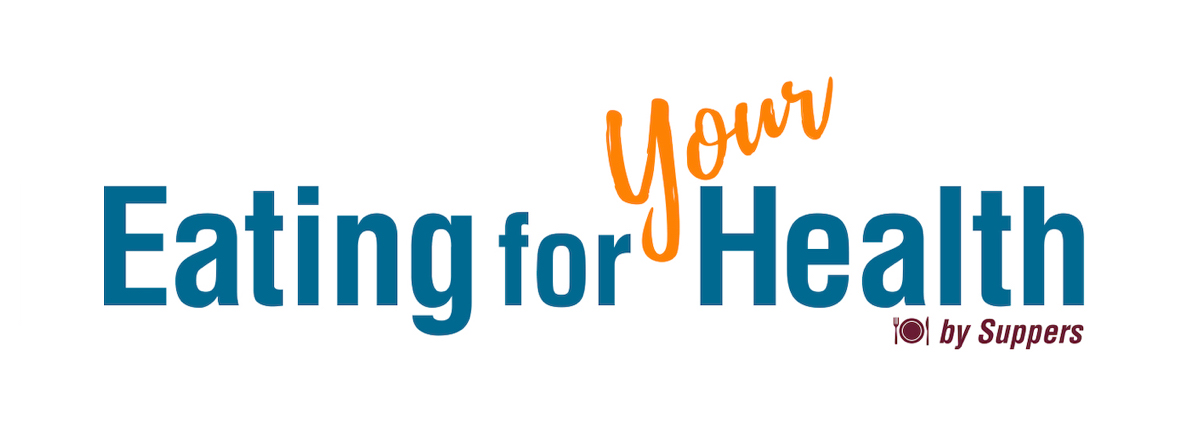When I got clean, I was so thoroughly embraced by my friends that I felt a tight circle of support around me. It was like they were arm in arm, three people deep, holding me up and loving me until I could love myself. I had good medical insurance, a therapist I trusted, and friends from church. I needed all of it because it was a day-to-day, moment-to-moment struggle just to stand up. The depression that made me so vulnerable to alcohol to begin with was right there, ready to take up residence once I quit.
This went on for a few years, with very little letup except during one period when a close friend’s diagnosis motivated me to train for a cancer walk. It was the only time in my life I was motivated to get up and start my day. You would think I would have taken the hint, right? No. When I completed my obligation, I went right back to dark shades in the morning and the daily struggle to get myself downstairs for coffee by 10 a.m. My depression was bigger than I was, and my mind made no connection between exercise and relief.
About a year ago, a friend brought me to a Suppers meeting. She was going because her way of eating had brought on weight gain and diabetes and she was determined to turn herself around. Remembering that circle of arms that held me up when I had to make big changes, I went. I thought I was doing her a favor. I guess I was, but she also tricked me. She knew I’d hear something that applied to me.
After we made lunch that was basically hamburgers made out of salmon and a huge salad, the leader started a discussion on how our bodies have been left out of our recovery equations. I didn’t know what she was talking about, but everybody else did. At the table there were people in all different kinds of recovery, people who had eaten and drunk their ways into diabetes, alcoholism, chronic depression, and panic disorder. I fit right in on two scores.
Every person shared a personal experience about not being able to turn their problems around until they woke up to the fact that they had physical bodies with physical needs for exercise and good nutrition. I felt split in half. Half of me wanted to stay and share my story about the cancer walk. The other half of me wanted to bolt.
I stayed with the discussion. I felt threatened, but I stayed. By the time it came around to me, my denial was still intact, but I managed to come up with a few convincing sentences about how the only time in my life the depression let up was when I was training to do the 60-mile walk.
Although I had told the story of how great I felt training dozens of times, that was the first time I heard what I was saying. Like everyone at that table, forgetting to take care of my body’s basic physical needs had had dire consequences.
The next week I joined the walkers, who take a brisk walk after every meeting. Then I did the “breakfast challenge” and discovered, like most but not all of the group, that a hot dinner-like meal in the morning set me up for better moods all day long. In the end, I needed to talk to a nutritionist too because my digestion had never fully recovered from the years of drinking.
Today I walk like crazy and eat like a king in the morning and a pauper at night – and I experience whole days at a time when the memory of chronic depression doesn’t even cross my mind.
